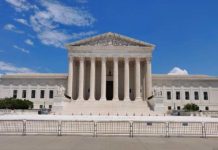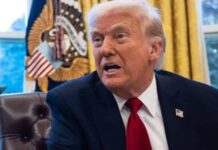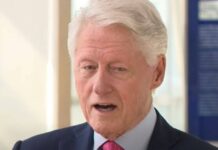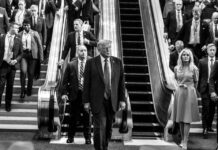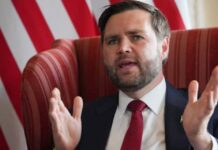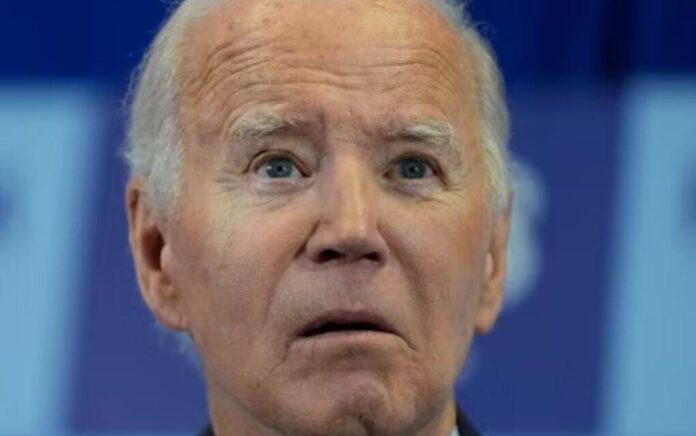
Joe Biden’s actions in office were simply despicable. But this latest report shows just how despicable they really were.
And a stunning exposé reveals how former President biden tried to take down Trump.
In a bombshell disclosure, insiders reveal to the New York Post that JPMorgan Chase and Bank of America, the nation’s top two banks by assets, abruptly cut ties with former President Donald Trump after the chaotic January 6, 2021, Capitol Hill events.
The decision to debank Trump, forcing him to move tens of millions in holdings, stemmed from intense pressure by Biden administration banking regulators and the Federal Reserve, according to those with direct knowledge.
The Reputational Risk Rule
While the exact trigger for Trump’s ousting from these financial giants remains unclear, sources point to the controversy surrounding his actions during the January 6 unrest. Regulators wielded a vague “reputational risk” rule, typically used to sideline criminals like money launderers, to pressure banks into dropping clients with controversial political ties—especially conservatives tied to the Capitol protests.
“Think back to what it was like being Trump back in 2021; he was a hot potato after January 6 and the regulators made it clear to us that we shouldn’t do business with him,” a banking executive shared, according to the New York Post.
A JPMorgan insider added that regulators “put the fear of God in you if you did business” with figures like Trump, threatening intense oversight or hefty fines. For banks, avoiding such clients, even those with massive wealth, became the safer bet.
Trump’s Side of the Story
In a candid CNBC interview, Trump detailed the rejection. “I had 100s of millions. I had many, many accounts loaded up with cash. I was loaded up with cash, and they told me, ‘I’m sorry, sir, we can’t have you. You have 20 days to get out.’ I said, ‘you’ve got to be kidding. I’ve been with you for 35, 40 years,’” he said of JPMorgan’s decision.
Bank of America followed, with Trump claiming CEO Brian Moynihan, who “was kissing my a** when I was president,” refused his request to deposit over a billion dollars and open accounts, stating, “we can’t do it.”
The Banks Respond
JPMorgan denied political motives in a statement: “We don’t close accounts for political reasons, and we agree with President Trump that regulatory change is desperately needed. We commend the White House for addressing this issue and look forward to working with them to get this right.”
Yet, a bank representative didn’t dispute the role of the reputational risk rule in Trump’s case. Bank of America opted not to comment.
Fighting Back
Now in his second term, Trump is striking back. His administration is working to stop debanking. In fact, he plans an imminent executive order to end politically driven debanking.
Meanwhile, South Carolina Senator Tim Scott is pushing legislation to ban the practice outright, fueling a larger fight against perceived regulatory overreach.
Trump’s saga highlights a contentious issue at the intersection of finance and politics, raising questions about fairness and access in banking.
As he moves to reshape the system, the financial world watches to see if change will take root or if old pressures will linger.
Stay tuned to The Federalist Wire.


